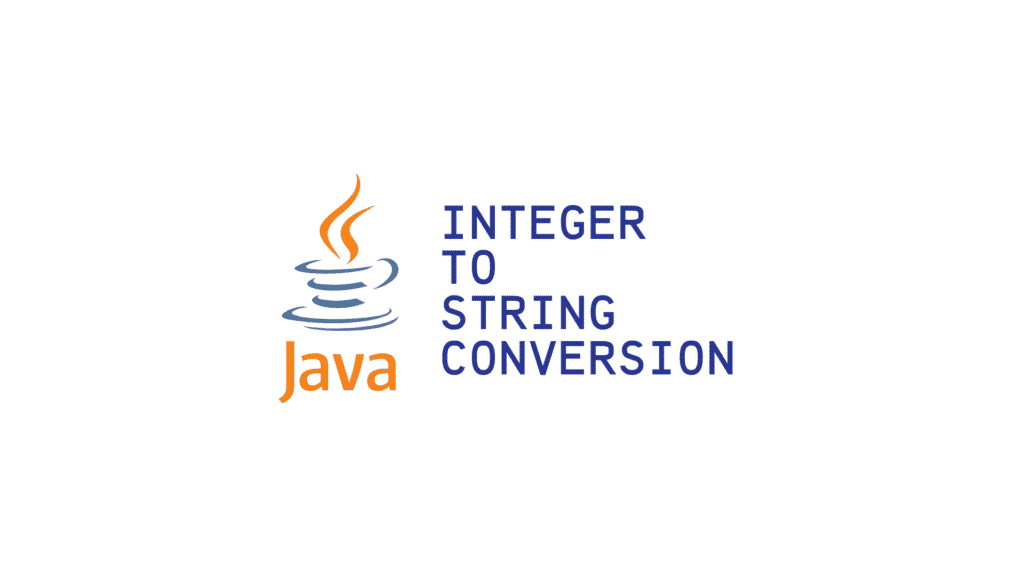Fibonacci Series in Java: 5 ways to print Fibonacci series in Java
Fibonacci series refers to the series where the following number is the addition of the previous two numbers. The first two numbers of the series are usually 0 and 1. Example input= 9 output= 0,1,1,2,3,5,8,13,21 Here, the first number is 0 while the second is 1; hence, the next number would be the sum of […]
Fibonacci Series in Java: 5 ways to print Fibonacci series in Java Read More »






